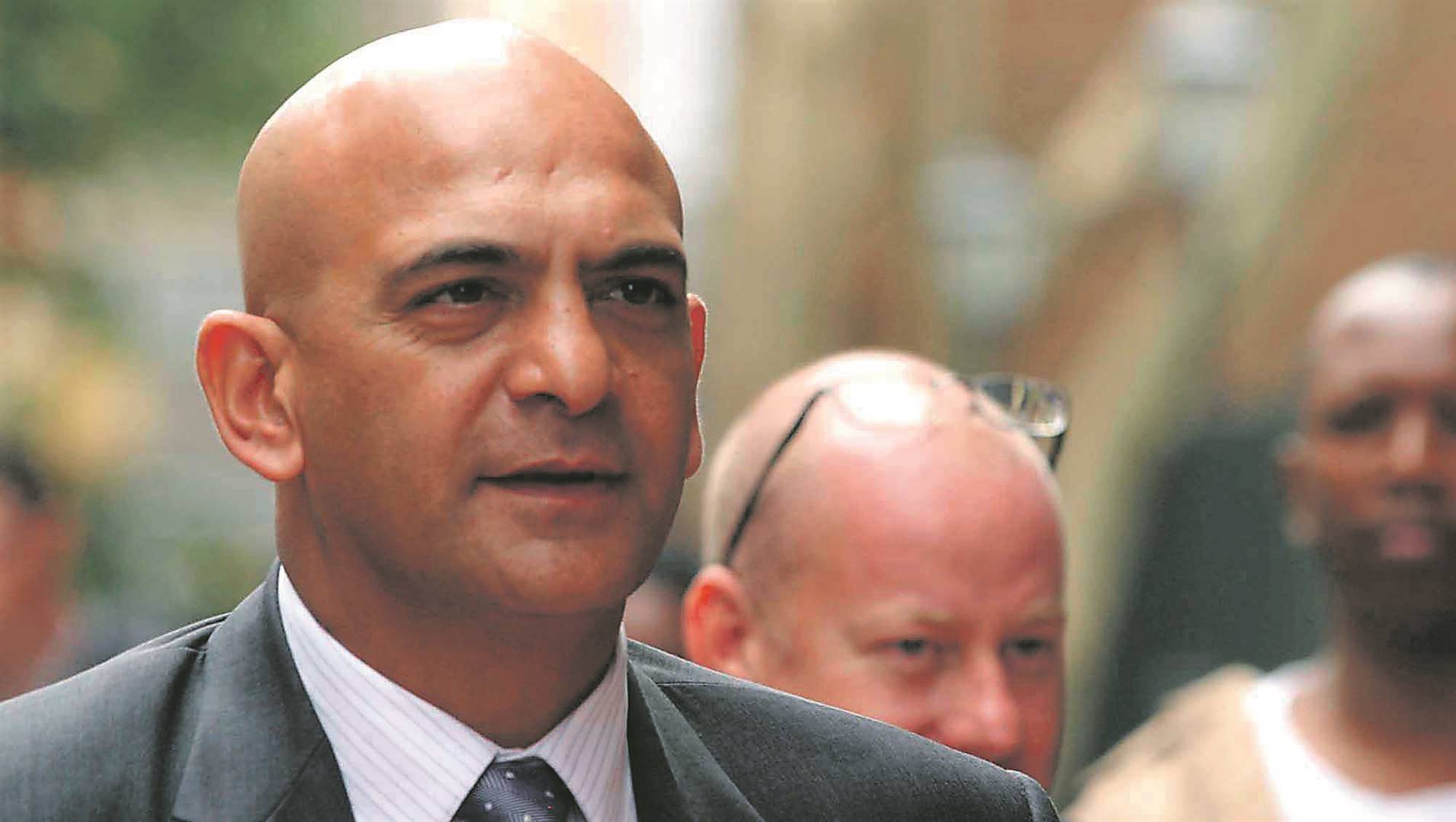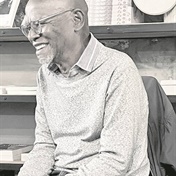
The ANC Spy Bible: Surviving Across Enemy Lines by Moe Shaik
Former ANC intelligence operative Moe Shaik has never been one to back down from a fight.
He antagonised both presidents Thabo Mbeki, when he was in office, and later Jacob Zuma, who he had been close to through the ANC underground operations for many years.
Through his book, The ANC Spy Bible: Surviving Across Enemy Lines, readers get to know how Shaik was shaped in the ANC and how the party successfully did counter-surveillance on the apartheid security bureaucracy.
Through the story of his encounter with an apartheid internal security police officer who he later recruited to spy for the liberation movements, Shaik tells how the ANC sought to fight back against a very organised and brutal system.
In an interview with City Press, Shaik said he still respected Zuma for the intelligence work he did as head of the unit in exile.
But he asserts that power might have changed Zuma.
Shaik said he did not write the book to correct any narratives or perceptions about himself.
“This book has been long in the making. I always felt that I wanted to tell the story of my relationship with this guy called The Nightingale.
This is a security policeman I turned into our member. [It’s about] how we started and the flow of history through it. The book allowed me to deal with certain historical perspectives,” he said.
“As our democracy gets longer in terms of years, our memories of the past start to fade. And the memories of the past in terms of how we came here are less appreciated.”
Emphasising the importance of recording history, Shaik told City Press he was concerned about politicians who either romanticised the struggle or sought to revise history.
“Often when I hear the rantings of politicians here, I find that many politicians today have a tendency to romanticise the way we came to freedom. We won this revolution. Or you have certain young politicians whose militancy is a disrespect of the negotiations process.
I heard one say that Nelson Mandela, in compromising, was selling out.
I make the point in the book that when you are enjoying peace, it is so easy to go back to history and say if I was there I would have dealt with this and that differently.
But of course, history and life do not work out like that. You can only explain decisions that were taken in the context of the lived reality of that time.
“This book is an attempt to paint a picture of that time: where we were as a country and where we are heading as a country and to locate the negotiations in that process. Deal with the current challenges, but don’t go and try to revise history because that is unfair to the many lives lost to bring us to where we are”.
He accused many politicians, even within the ANC, of taking things for granted.
“There are also ANC politicians who have forgotten the history, have forgotten the price that was paid for victory.
They have forgotten that they stand today on the burial grounds of many unrecognised heroes. And they lack the appreciation of recognising the enormity of the task that they have as politicians.
That every time they make a mistake, they engage in social disconnection and distance, they must be constantly aware that freedom was not free.
And if they remind themselves constantly that freedom was not free, they will find a way to bring urgency to their work.”
Shaik reckons the country has still not overcome the trauma of the past and that is unfortunately still being passed on to the younger generation.
“This is why, when FW de Klerk makes the claim that apartheid was not a crime against humanity, it produces so much outrage. Correctly so.
Because here is a man who was the pinnacle of apartheid, but cannot accept that it was a crime against humanity.
There were UN protocols to that effect, and De Klerk must know that, as detainees, people who were detained under section 29 of the internal security act, we had one defence, one defence only, and it was that apartheid was a crime against humanity and, therefore, our resistance against apartheid is an obligation we have as human beings.”
The Nightingale
Shaik confirmed that the Nightingale, the former policeman who gave him deep secrets of the security establishment, was still alive.
But he vowed that he still respects the pact they agreed on and would never disclose his identity.
Unless Nightingale himself did so.
“We took a bond not to disclose. I live by that bond that I will never disclose his name. I sought his permission in writing the book. I sent him the draft and I stay in dynamic contact with him.
He must take the decision to name himself if he wants to be known.
I told him that, once the book is published, there is going to be a lot of pressure on me to disclose your name and for people to have access to you.
He is considering what he wants to do. But you can imagine that it will be an enormous responsibility to place upon himself.
Does he say: I am the Nightingale and live with the consequences?
I think he has a beautiful story to tell, but I could also understand the dilemmas he faces, including whether he will be safe when he goes public.”
Shaik said the Nightingale currently lives from hand to mouth.
“He is a man deeply traumatised. We today can claim justice and have been rewarded. We can talk about our past. He cannot talk about his past. He can’t even explain to his family, that yes I was a cop but I was an ANC member.”
Zuma
Asked about his former intelligence commander, Zuma, Shaik chooses his words carefully, but affirmed that he had deep respect for the role he played then.
“In my own experience of Zuma, in this intelligence work and in the recent past, I did find Zuma to be a professional. I did find that he appreciated the enormity of the work we did.
“So I can have no fault for him then. But I think things changed. They changed for everyone, but things changed for him after 1994. To bring us to where he is now. I do make a reflection in the book on it.
And yes, I am saddened the way it turned out. But, as you will see in the words of one of my interrogation officers, Robertshaw, he says Moe, you will be a problem for every government.
“And it turned out to be true by the way. I was a problem for Mbeki, I was a problem for Zuma, and for different reasons. One was for maintenance of political power. And the other was for the corruption of that political power.
But if I go back to that period of history, I can’t fault Zuma. Secondly, power changes people, power changes. Power changed me. It made me more arrogant. It made people see me as an arrogant, cheeky, tough guy.
And I had to address those things. I had to take a very serious look at myself. And I asked myself: Is this who I want to be? And I came to the conclusion that I don’t want to be trapped in that image of myself. I started to embrace my more authentic self.”
 | ||||||||||||||||||||||||||
Get in touchCity Press | ||||||||||||||||||||||||||
| ||||||||||||||||||||||||||
| Rise above the clutter | Choose your news | City Press in your inbox | ||||||||||||||||||||||||||
| City Press is an agenda-setting South African news brand that publishes across platforms. Its flagship print edition is distributed on a Sunday. |




 Publications
Publications
 Partners
Partners









